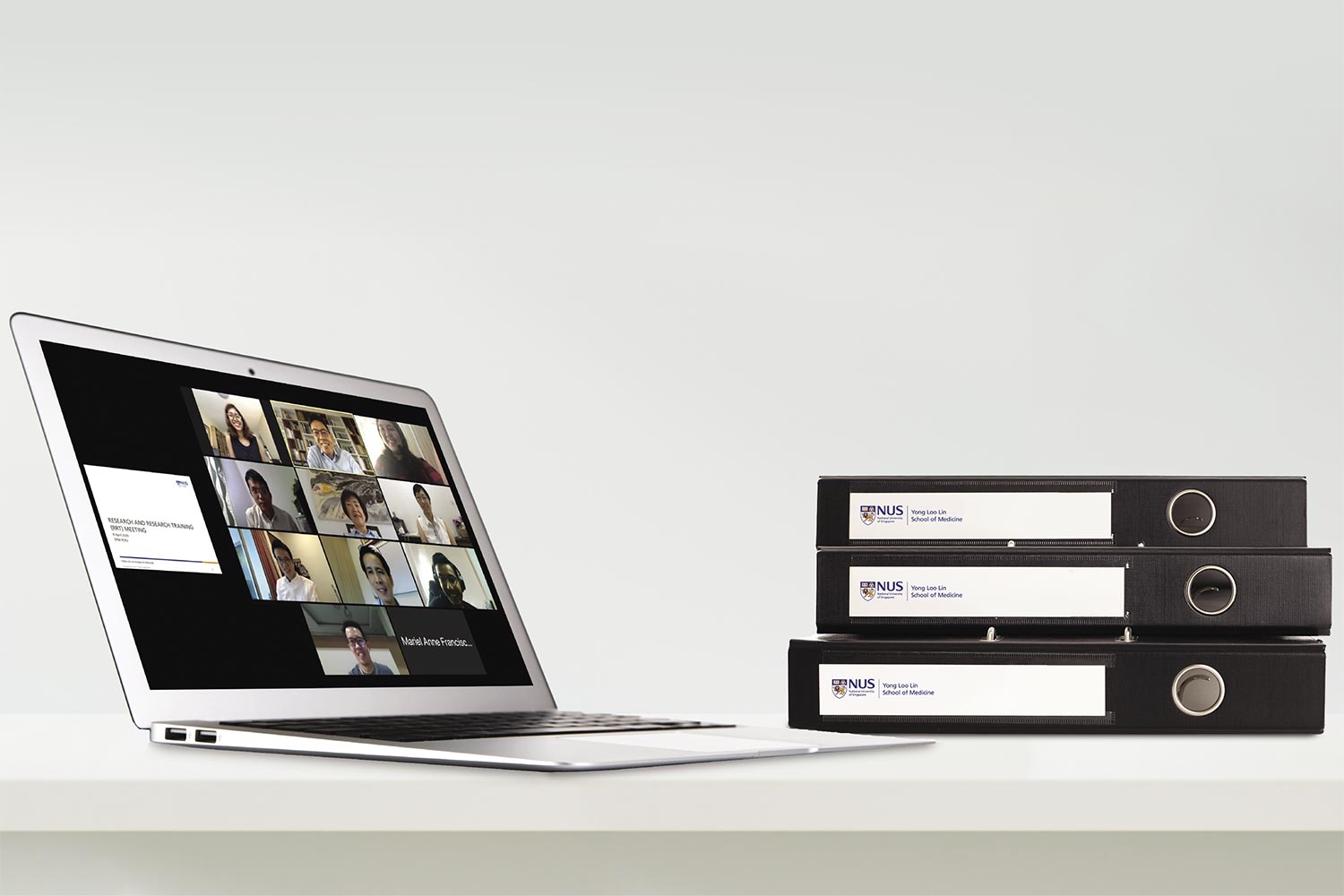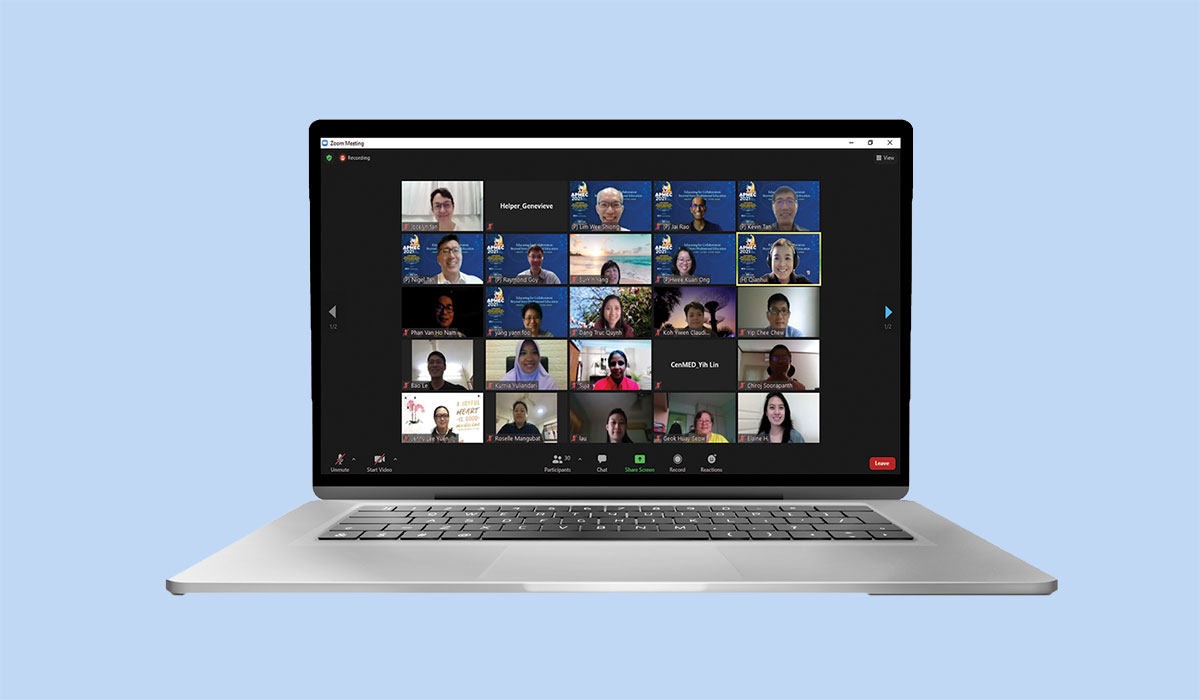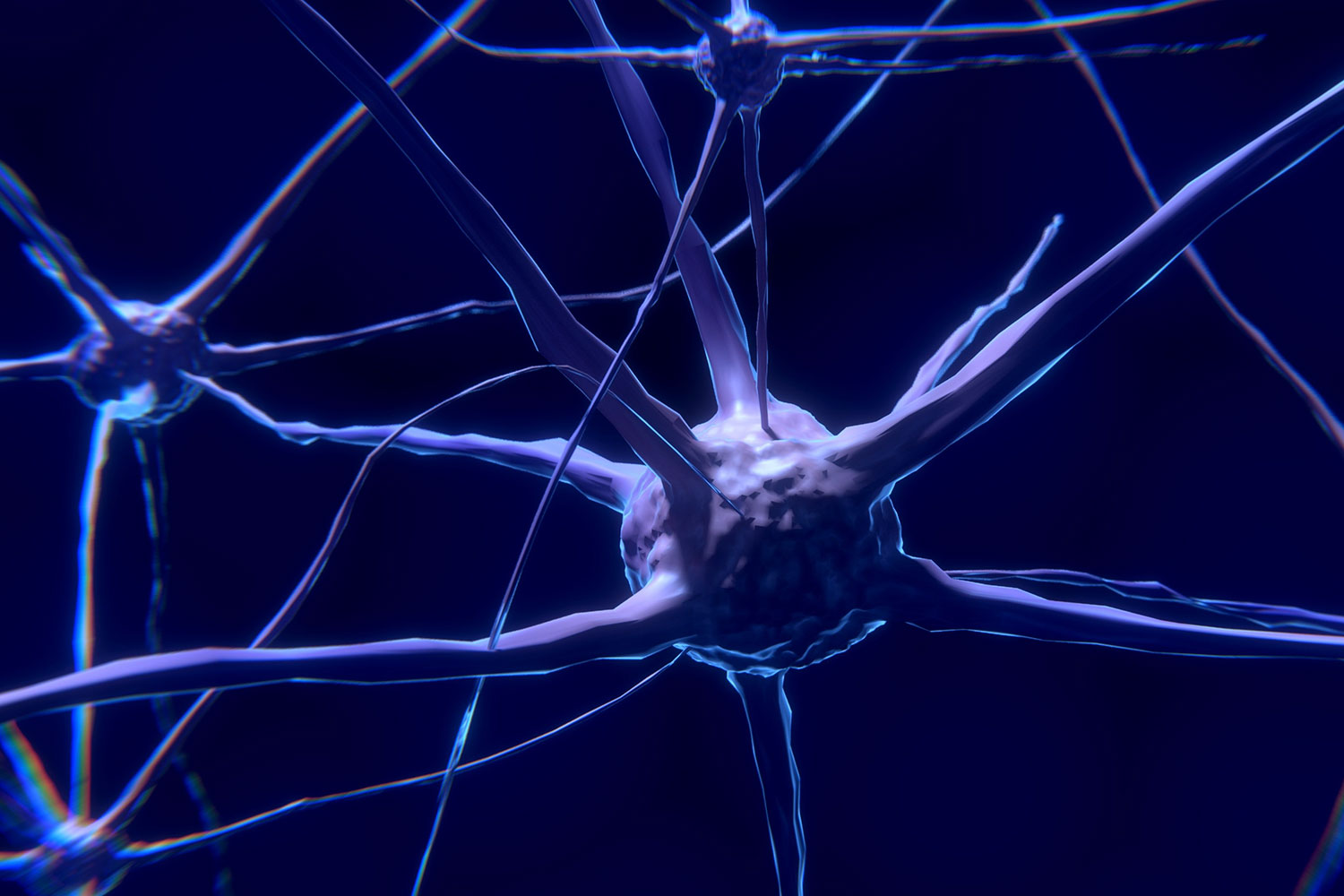
Issue 38 / May 2021
Insights
COVID-19 Has Given Singapore a Great Opportunity
to Restructure Time Use and Sleep
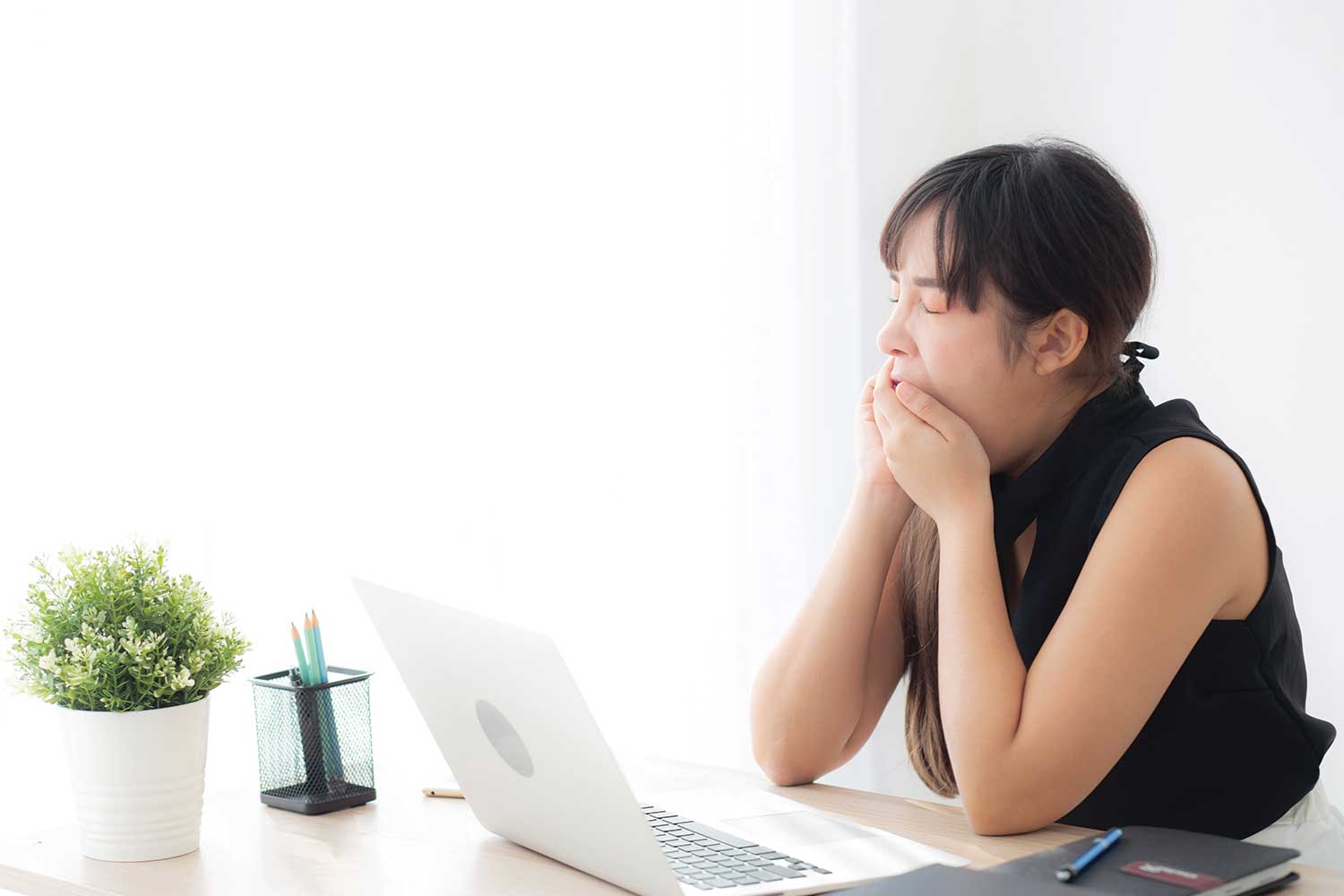
ost people today acknowledge that sleep, something we spend a quarter to a third of our lives on, is in need of improvement.
However, not unlike New Year resolutions to exercise more and/or eat more healthily, mental notes-to-self about sleep quickly fall aside on the ceaseless treadmill of news, work, social obligations and activities.
This year however, the annually recurring parade of sleep tips, foods, hacks, beds, aromas and diagnostic tests, merits a relook.
The far-reaching impact of COVID-19 on everyone gives us reason to re-examine societal attitudes to sleep and act on them with the same resolve we collectively threw at the virus.
It makes much sense to pay attention to sleep because over time, it will have greater impact on health, well-being and the economy than COVID-19.
Societies that have done better in the pandemic paid attention to scientific findings. Thoughtful governments like Singapore’s anticipated the danger of COVID-19 and worked with the public to contain its damage.
Some politicians elsewhere dressed up the inconvenient truth, proposed untenable quick fixes and skirted the issue until it became simply too catastrophic to ignore.
We should take a leaf from our success at dealing with COVID-19 and transfer this to managing sleep, productivity and well-being.
Science says that we need to pay attention to sleep.
Secondary school students in Singapore report sleeping an average of 6.5 hours on weekday nights.
Empirical data collected here indicates that this quantity of nocturnal sleep is insufficient for optimal vigilance performance.
Eight hours a night suffices but fewer than 15% of Singaporean students achieve this.
Speed of processing and critically—mood—are also consistently affected by successive nights of inadequate sleep.
Visual information is more slowly captured, distractions are harder to suppress, and temporary information storage capacity is lower when we are sleep-deprived.
Adequate sleep is important for memory-encoding. Sleep-restricted students show improved memory when allowed to nap. Insufficient sleep blunts the willingness to deploy cognitive effort to perform tasks.
Less than
15%
of Singaporean
students sleep
8 hours a day
In sum, and contrary to popular thinking, higher cognitive performance can be achieved by setting aside time to obtain sufficient sleep.
While e-devices undoubtedly take up users’ time, feeling the need to complete homework before going to sleep is a dominant reason why our students sleep later, and less.
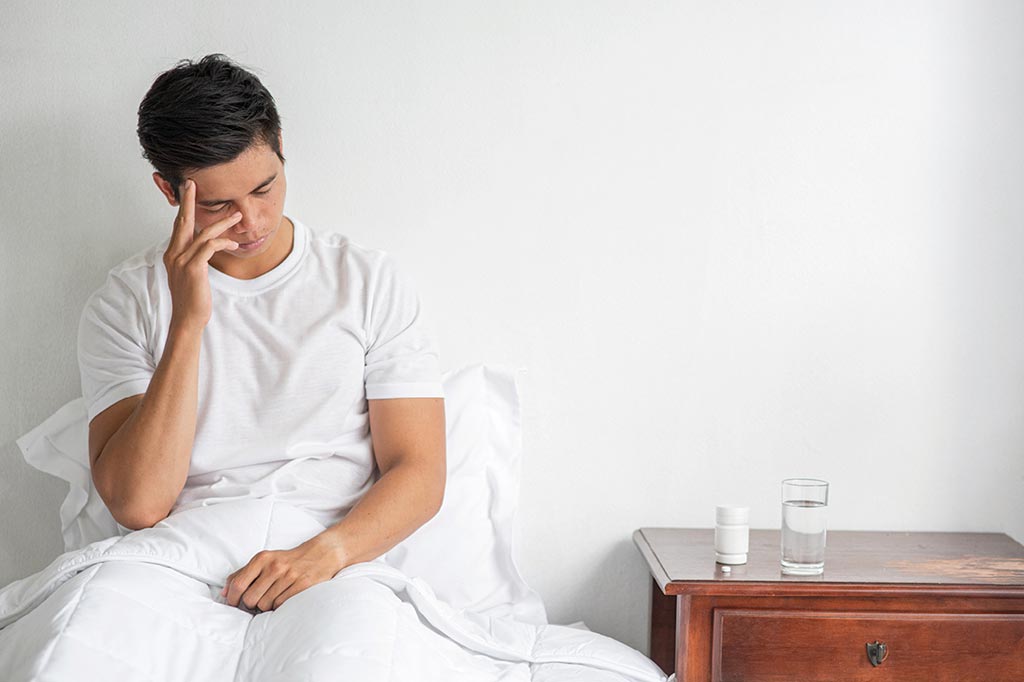
Although sleep is sacrificed in the belief that it is for a better life, available data indicates that higher performing students sleep earlier (and more adequately).
Our analysis of a US-based data set indicates that students who better comply with both sleep and screen time recommendations achieve higher cognitive test scores.
Contemporary provisions made for employee wellness indicate recognition of the benefits of preventive measures.
However, just like improving diet and exercise, it is difficult to translate good intentions into behavioural change.
Transforming sleep is not unlike facing climate change.
Most people recognise it is a problem, but the collective will to shift accustomed lifestyles to make time for sleep is weak.
The disruption wrought by the pandemic has given us an opportunity to explore alternative ways of living and working.
COVID-19 lockdowns reduced commute times by about 110 minutes, affording the repurposing of that time for things we had less time for in the past.
For workers whose jobs were mostly not under threat during the lockdown, reduced commuting provided opportunities to allocate the time saved to family activities, exercise or sleep.
However, data indicates only a fractional increase in sleep duration of 17 minutes.
COVID-19
lockdowns
reduced commute
times by about
110
minutes
but sleep duration
has only increased
17
minutes
What are some of the pushbacks to changing mindsets?
The erosion of boundaries between work and personal time, the widespread expectation that one needs to be contactable and able to answer emails after office hours reduces time to recuperate mentally and physically.
Elite athletes know that improvement and maintenance of high performance require balancing workload and rest periods.
The metabolic benefits of intermittent fasting speak to the same idea—that physiological systems cannot be constantly put under load without consequences.
To these ends, some countries have already enacted “right to disconnect” laws restricting employee contact for work reasons after office hours.
There was a parliamentary debate in Singapore about such a law to mitigate burnout and health issues.
Commentaries in the media indicate that currently, many office workers and leaders are engaged in serial Zoom meetings well into the evening.
While these can be attributed to having to deal with business uncertainties and how to adapt, the disruption should also have provided opportunities to examine how to work more efficiently.
Singapore’s ability to commit to a cause and then execute well should be extended into the realm of managing time use, work-life balance and sleep in a manner that allows its citizens to benefit.
In the case of home-based learning, anecdotal reports suggest significant diversity in how students coped.
Weaker ones showed a need for learning habits to be strengthened through face-to-face interaction, while stronger ones zoomed along.
Schools seem to have responded by uniformly raising official school contact time across the board instead of allowing this to be more adaptive.
In the future, many more students everywhere will be relying on remote learning, so creative approaches beyond pedagogy to deal with problems as well as opportunities are required.
The pandemic uncovered significant weaknesses in the governance and social fabric of some Western societies.
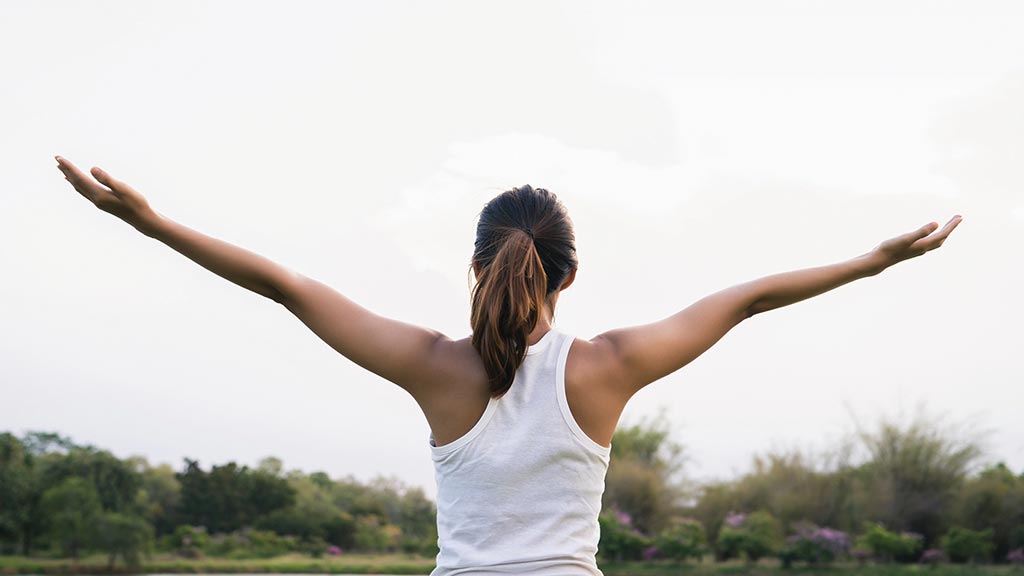
While these societies command thought leadership and control of many key intellectual assets, the handling of COVID-19 has shown remarkable gaps in their ability to transform good ideas into outcomes.
Singapore’s ability to commit to a cause and then execute well should be extended into the realm of managing time use, work-life balance and sleep in a manner that allows its citizens to benefit.
New businesses and opportunities for thought leadership could arise from taking up this challenge.
The way that work is being restructured and education reconfigured provides a golden opportunity to transform how we value sleep, and incorporate good sleep habits into efforts that enable Singapore to emerge stronger from the pandemic.
This article was first published on 15 March 2020 in The Straits Times, and has been reproduced here with kind permission.

